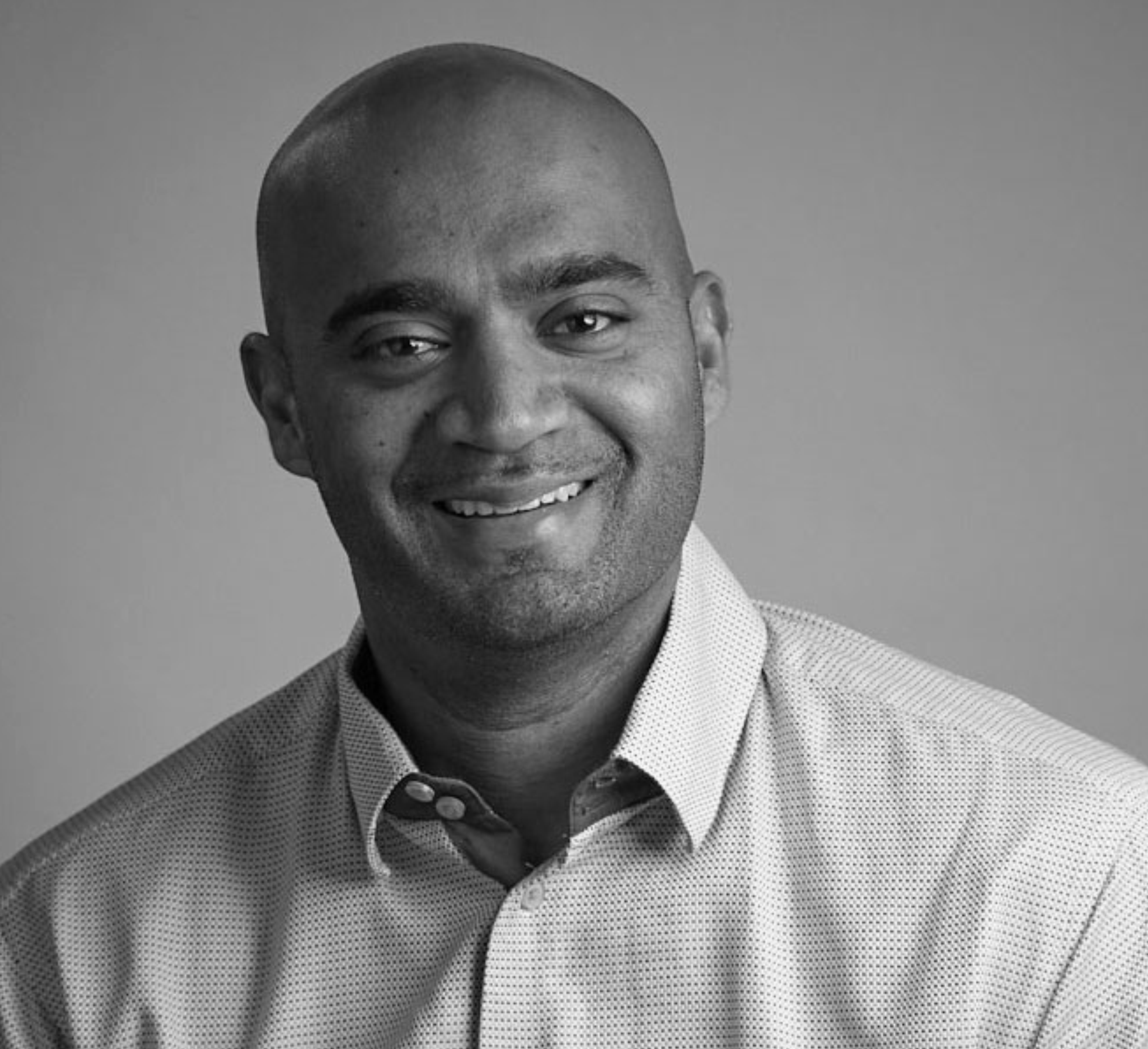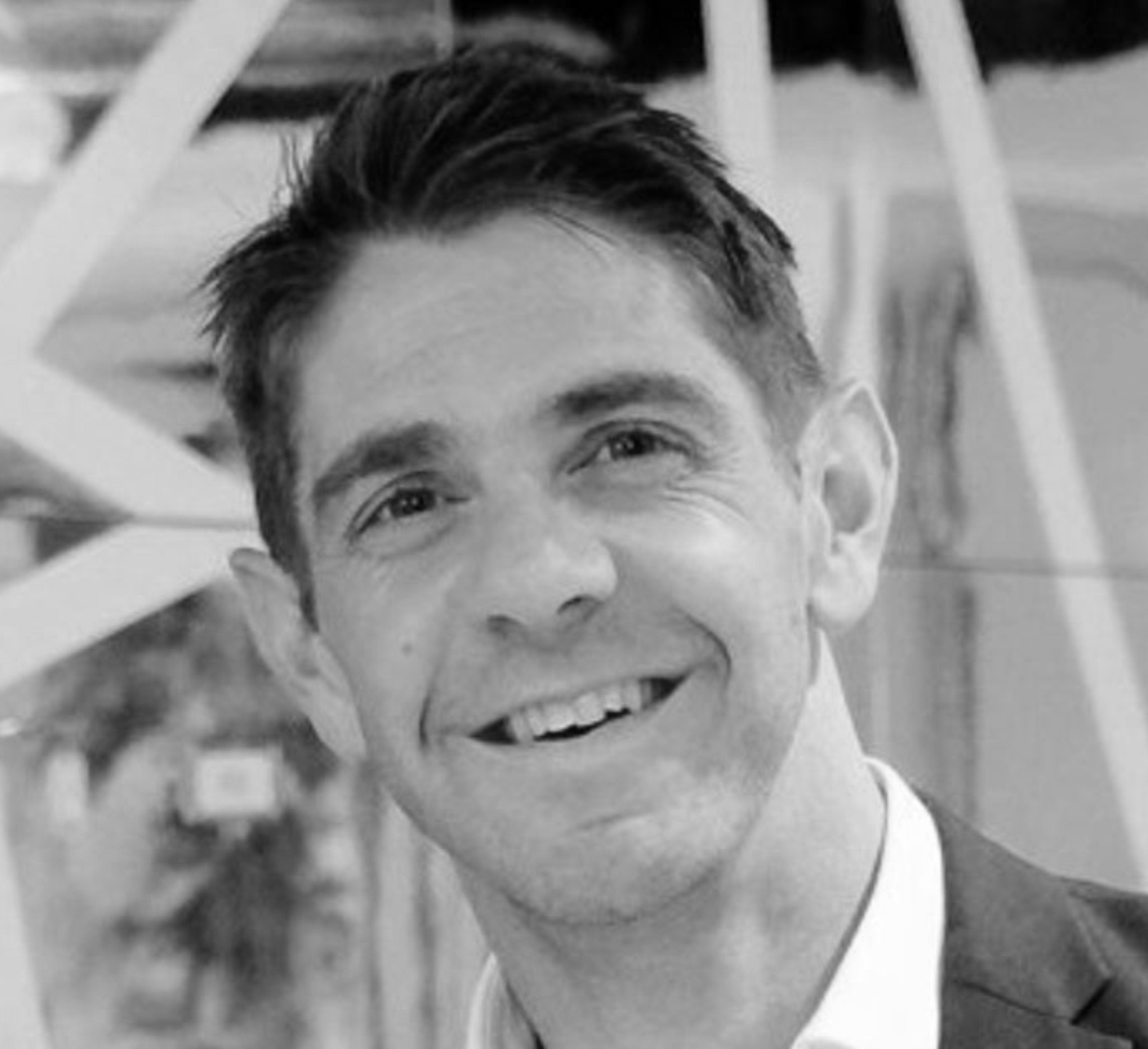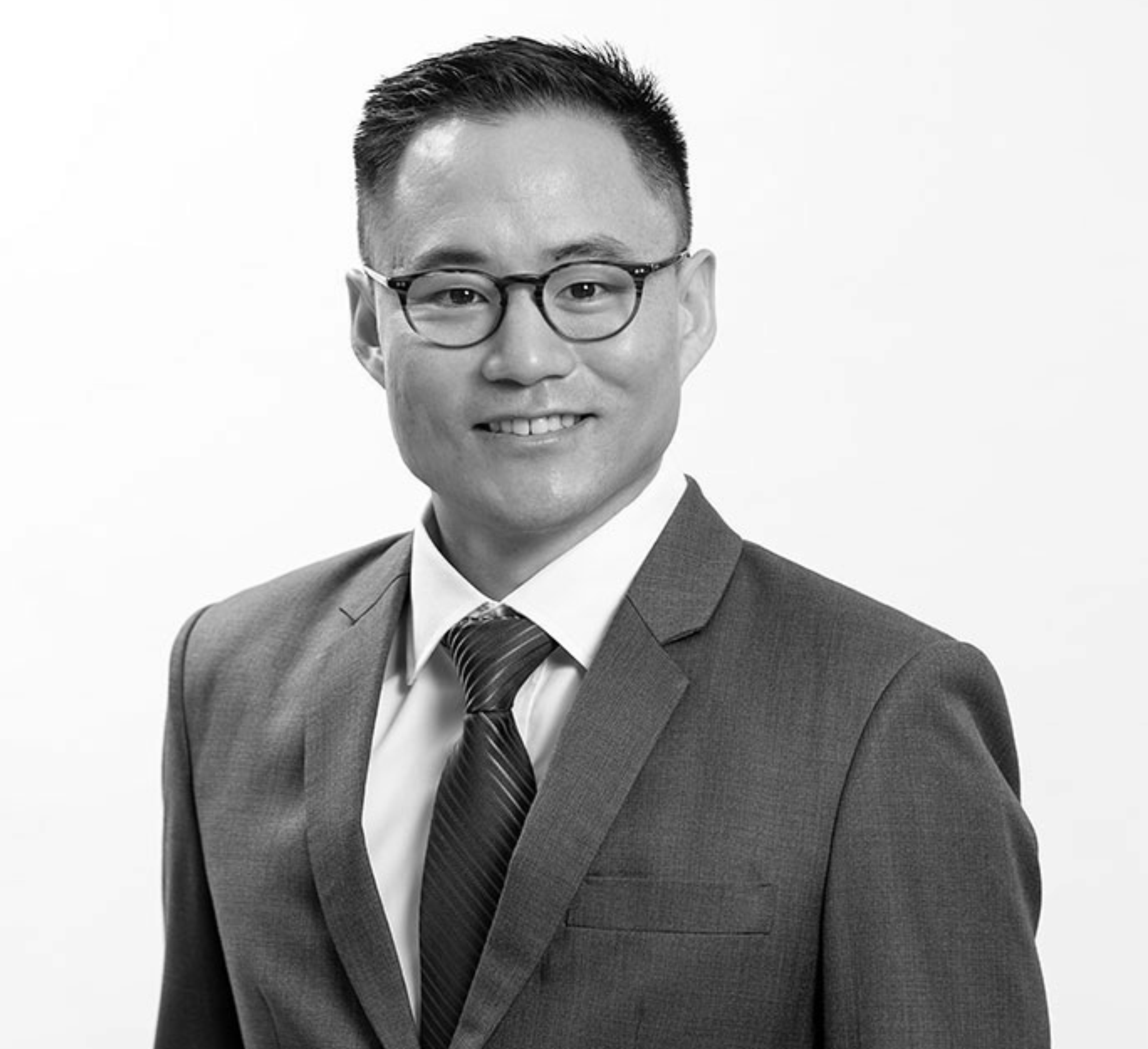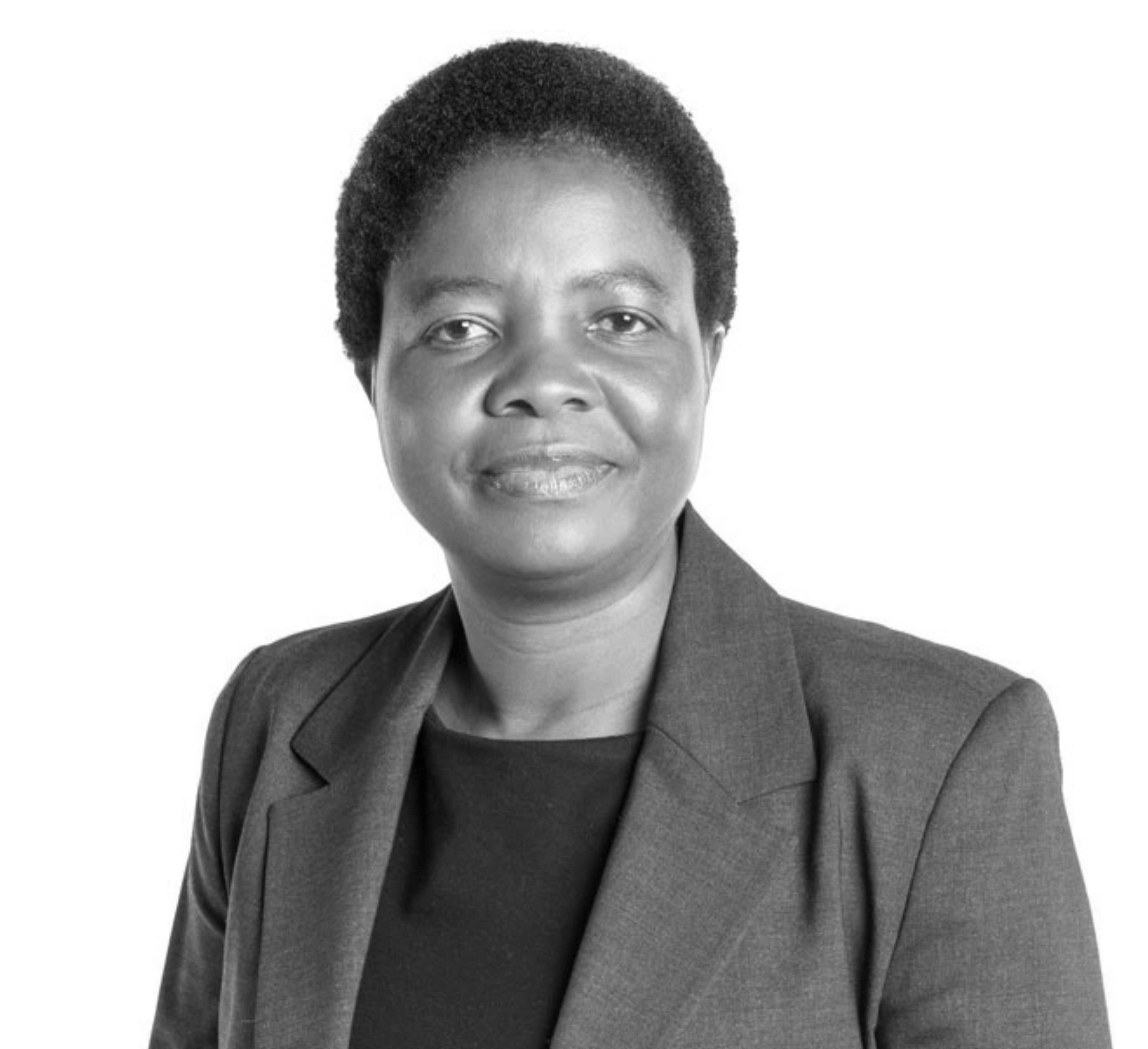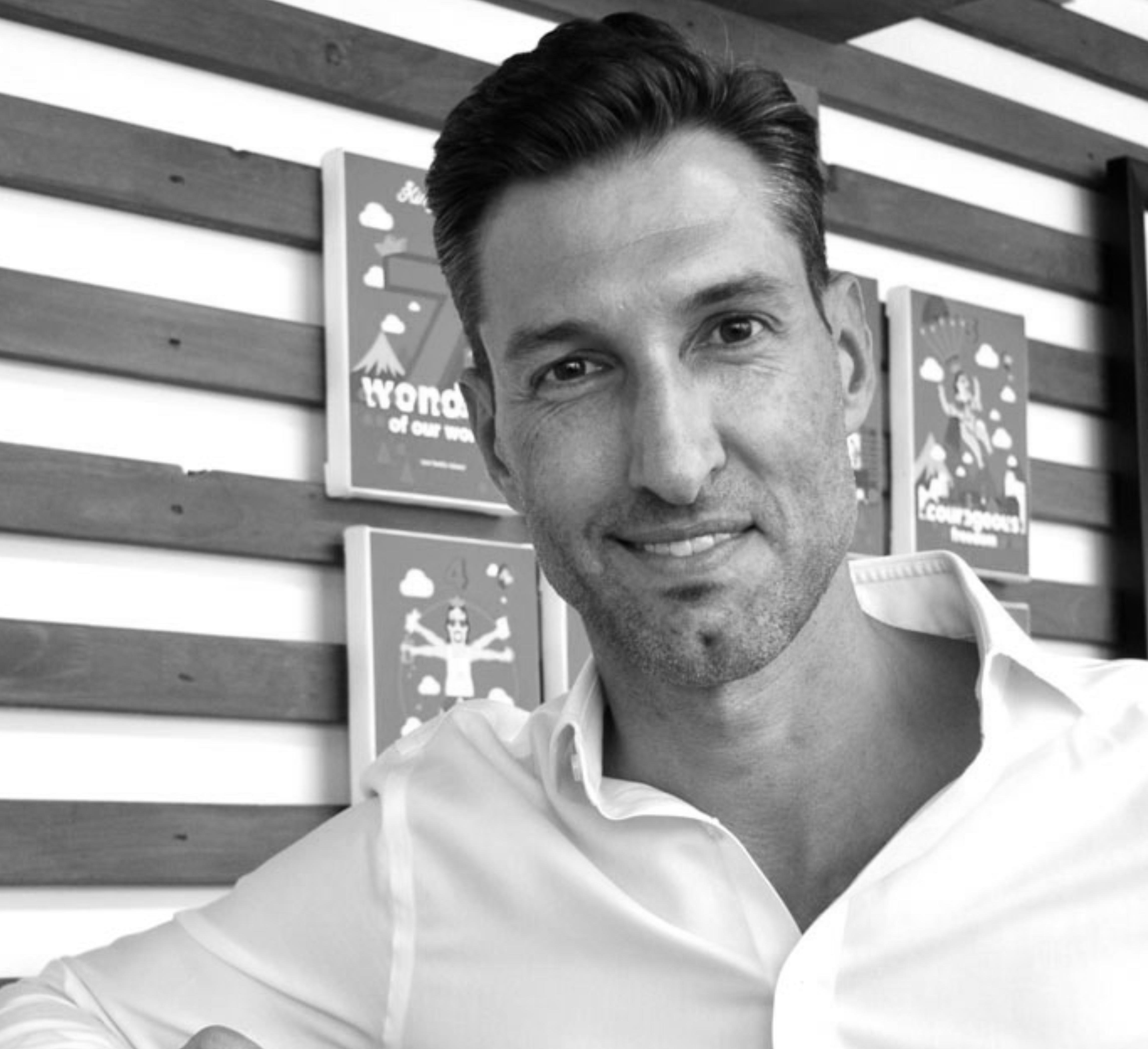108: Ismail Ismail
Innovation is Key in Insurance Sector
‘I think the future of insurance ultimately will be in your cell phone’ says Compass Insure’s Ismail Ismail, who provides some fascinating insights on where the insurance sector is going in the next ten years.

CIARAN RYAN: Today’s podcast is sponsored by Draftworx, which provides automated drafting and working paper financial software to more than 8000 accounting and auditing firms and corporations. CFO Talks is a brand of the South African Institute of Business Accountants. I’m very happy today to welcome Ismail Ismail, who is the CEO of Compass Insure, which is wholly owned by Hannover Re Africa Limited. Now, he’s been with Compass for a decade previously as finance director, and prior to that, he was in charge of audit at KPMG. He’s a CA with an MBA, that’s an increasingly common academic profile we’re noticing amongst senior executives. He’s also Chair of the investment committee at Compass and so he has his eye on the markets and how best to protect the company’s reserves. He was involved in the financial turnaround at Compass, and he has a unique insight into the business levers and what drives business growth. First of all, welcome Ismail, where are we talking to you from? Are you in Johannesburg or somewhere else?
ISMAIL ISMAIL: Thanks for the opportunity, I am in Johannesburg.
CIARAN RYAN: So tell us a little bit about Compass and what sets it apart from others in the insurance sector, I’m sure there’s something quite unique about it?
ISMAIL ISMAIL: Compass Insure is a specialist insurer, it works through what we refer to as a delegated authority business model, which ultimately means that we partner with what we refer to as underwriting management agencies and brokers to deliver on specialist insurance needs. So for example, if you look at your marine or your engineering space, it also means that this is a unique business in words like partnerships, collaboration, trust, are not just values on a wall, they are critical parts to our business model and the way in which we operate. I think I can safely say that having a deep understanding of how agencies and the ability to assist them in shaping and structuring the businesses has been essential to our success, as well as the financial restructuring that you spoke about earlier in my early days with Compass.
CIARAN RYAN: What has been your experience during the Covid lockdown and was your business affected by that?
ISMAIL ISMAIL: Like most industries, we found ourselves with a fair share of headwind. I think for the insurance industry it’s been a fairly turbulent year. Going into Covid we planned for worst case scenarios. But we managed to navigate the issues with some success. As we head into the current year, I feel there’s an opportunity for growth, and since this is a financial forum, I won’t be overly more modest, but we do feel that it’s due to our robust paper, our sound financial discipline, as well as support we enjoy from our agencies, which has allowed us to navigate through these rough waters.
CIARAN RYAN: So you’re expecting a much better year this year than last year?
ISMAIL ISMAIL: Last year for us overall it was not a bad year, it was actually a fairly good year, but we’re expecting a pickup in this year overall.
CIARAN RYAN: The insurance sector was in the press quite a bit last year, over claims that were made as a result of the lockdown and force majeure and all that kind of thing. What was your experience during that? Was there an increase in claims?
ISMAIL ISMAIL: So overall we saw a decrease in claims due to lockdown. On the motor side that was visible not only at Compass, but with most of the insurers countrywide. So from a claims point of view, we saw obviously a depression in claims. However, like all insurers, we were definitely impacted, like you say, to what we refer to as those lockdown claims, those business interruption claims. But we were fortunate in the sense that we reached out to our policyholders early, and to date, even before those court cases went to court, we’ve settled the majority of those claims.
‘I’m quite upbeat and optimistic in terms of what the present year has in store for us.’
CIARAN RYAN: So things are definitely looking a little bit brighter. I bring that up because there’s been discussions about a K-shaped recovery, and, if you look into that, what are they actually saying, that some businesses are actually going to do very well as a result of these lockdowns, other ones like restaurants and cinemas and hotels, of course, they’re going to do terribly. Where do you fit on that K?
ISMAIL ISMAIL: I think it’s about positioning. Last year, like I said, we prepared for the worst, we fairly understand the resilience of our business model better. So you’d obviously do a lot of planning and thinking what is worst case scenario. So I’m quite upbeat and optimistic in terms of what the present year has in store for us, I can only see positive things. In negativity or in bad times there is always a silver light at the end of the tunnel and we’re hopefully looking towards it.
CIARAN RYAN: You’ve been at Compass for a decade. That’s a long time, and I suppose it’s safe to say, and you’ve had many different positions while you’ve been at Compass. Your previous one being finance director or CFO. It does take quite some time, does it not, to master the whole finance discipline. I might just mention that the SA Institute of Business Accountants has a CFO designation, which is basically there to recognise the different competencies that are expected from senior finance directors, which, of course, goes well beyond the traditional bookkeeping and number-crunching. What’s been your experience and your takeaway having worked your way up through the line in all of these different financial positions?
ISMAIL ISMAIL: You learn in business, even though you may have qualified as a chartered accountant, you only need to learn the crux and the nuts and bolts of the businesses when you’re literally putting your sleeves up and you’re getting involved in the nitty-gritty. I think over a period of time…you come out of articles and you fairly understand – don’t get me wrong, debits and credits a fairly simple concept – but when you see the mechanics at work in a business operation, out of audit, it is fairly different. I like to think of myself as a beginner and expert from a finance point of view because there are days that I realise that I know nothing. With the, with the launch of IFRS 17, that is going to change the standard for insurers around accounting going forward, that’s like you’re starting all over from scratch again. So you have to brush up in terms of changes in the accounting standards, changes in things that are happening in the business to conform, to make sure that you are ever ready, I mean, previously as a CFO,
CIARAN RYAN: Tell us a little bit about your career path. Maybe, for example, where you grew up and went to school and how you ended up at Compass Insure.
ISMAIL ISMAIL: I grew up, I’m not sure if you’re familiar with a small town called Middelburg in Mpumalanga? I did my schooling in Middelburg, at a high school called Steelcrest High. When you hear about some of the school fees being charged today and I think what I paid back then and it’s not a mere fraction of what the numbers are being charged today. My ambition from an early stage in life was to become a medical doctor, so I had my heart set on doing that. When I completed matric, I didn’t get the results to get into medicine, so I defaulted to doing a B.Sc. because I thought that would be my avenue into medicine. Towards the end of my third year of completing the B.Sc., you obviously start asking questions and responding to say, can I get into medicine now? The answer was no, not yet, you need to do your honours, and then we will consider you into second year of medical school. Unfortunately, my marks were still not that great enough even to be considered. Obviously with the B.Sc. I wouldn’t say I was in the top tier of my class because they were only taking three or four students annually into medical school. Then I decided, okay, let me change my life a bit and let me go down the finance route. So that’s where I started and I did three years BCom accounting, one year for honours, and did my articles at KPMG. Unfortunately, I think when you hear people talk about articles these days, it’s always that people don’t really enjoy it. I am happy to say that those three years were the best three years of my working career. The friends I made, the friends I still have, it’s lifelong buddies that I take away from that experience. I was afforded an opportunity at Compass Insure at the time. I thought to myself at the time, yes, why not, it sounds like a good two-year stint. Start off as a finance manager and two years after that, like any newly qualified CA, I’ll decide to move on. However, ten years later, I’m still, here.
CIARAN RYAN: It sounds like you spent a lot of time actually studying. So you did a B.Sc. first and then you went and studied accounting, and then you articled, and obviously you got your CA, did that give you a bit more of a rounding, do you think, for the business world into which you were to plunge yourself?
ISMAIL ISMAIL: Science is a very different way of thinking, learning about physiology and human anatomy versus learning about debits and credits is completely diverse, and obviously there’s nothing really to do with each other. I wouldn’t say it gave me an experience for the business world. However, it gave me a lot of perspective into thinking in terms of you learn to analyse situations differently as a scientist, versus as an accountant. An accountant is fairly black and white but in science you develop a hypothesis, and you test it to see what the outcome is.
‘Responsible leadership is basically our conscience that guides us.’
CIARAN RYAN: I’m interested to hear why you went for an MBA after qualifying as a CA? So you obviously felt there was some gaps in your knowledge and you wanted to fill those gaps. Is that a fair assumption?
ISMAIL ISMAIL: No, I’m going to be honest with you, ultimately, and I’m always surprised, I think most days, these days you find a CA’s looking to do an MBA, but ultimately and to be honest and truthful to you, ultimately, I was looking for a career change. Most people doing an MBA, if they are truthful to you, something has not changed in their life but they ultimately, they are thinking it’s time for me to make the next career move. But there were a few lessons learnt here for me, the first one was a lot of people in business schools don’t like their current employer, which was very different from me. The second thing I learned was about obviously you go in with the unfounded notion of knowing, and I suppose that’s what you have to do to do, go in with an unfounded notion of not knowing anything and things that I came across to me that are quite important still today, like responsible leadership, and I’m not going to give you a textbook answer, but to me, responsible leadership is basically our conscience that guides us. I think conscience is something we rarely discuss, it’s an incredibly powerful force in all of us, in helping us navigate complexity in our daily lives. It’s something that I find, especially from a personal sense, it’s what guides us to make the right and wrong decisions. It’s there, it’s just about harnessing how you take it out. Business school or an MBA gives you a lot of interesting things about intellectual creativity, critical thinking, cross-cultural awareness. But one thing I did not expect to learn, and I suppose that was the biggest takeaway for me from doing an MBA, was I learnt about myself.
CIARAN RYAN: What specifically about yourself did you learn?
ISMAIL ISMAIL: After 34 years you live with yourself and you think you know yourself, but things like listening to instinct, things like I know that I am my worst own cheerleader, things like I listen better when I’m not taking notes. These are simple things that we take for granted, but if you know them, I find that you can do your job much better.
CIARAN RYAN: Interesting viewpoint. I’m not sure if you’re aware of that study that came out of a university in Toronto called from CA to CFO. What it really did was identify all of these competencies that you don’t really learn as an accountant. Things like team leadership and management, strategy, marketing, things like communication, softer skills, ethics of course is very much part of the whole CA route. But I think when it comes to business, and you’ve mentioned this thing about conscience, there’s a bit of a tie in there, don’t you think, between ethics and conscience?
ISMAIL ISMAIL: Absolutely, especially in the society we live in today from a South African point of view, overall CAs are not seen in a good light because of a lot of things that have happened currently. I’m not saying that if you have an MBA it’s going to change that. Obviously, it comes back to the being dependent on the individual. But I think it’s a guiding force that if you have it in you and to reinforce those beliefs, can actually make a big difference in one’s personal life.
CIARAN RYAN: I was just looking at this in the last few days, writing up a story on the big accounting scandals over the last decade, and there’s a ton of them, but the real big ones, if you have a look at them, they’re all pretty much going in the same direction. They’re overstating revenue, they’re overstating profits, they’re understating liabilities and they are faking transactions all over the place. You just think of a young accountant in a position, maybe in an audit position where he’s almost in awe of the people that he’s working with, age, maybe late twenties or something like that, does he have the ethical fibre to be able to say, hang on, there is something wrong here. It can be such a subtle thing to get corrupted in a way by a client and getting too close to the client. Would you agree with that?
ISMAIL ISMAIL: Yes, absolutely, generally I find that they’re asking the right questions, even with people we hire, it’s really actually fantastic when you bring these types of people into the organisation. But, like you said, when you’re in awe of a client and you are obviously scared to rattle the client, you obviously just tick the box, and you move on and it’s not exactly what’s expected.
‘CFOs have evolved into whatever type of expert that companies need them to be.’
CIARAN RYAN: Yes. Would you say the role of the CFO has changed over the years and how has it changed?
ISMAIL ISMAIL: I think, personally, the CFO relationship to the CEO, the way I ultimately see it is that’s the ultimate wing man or wing woman. I think I’m biased in my view, obviously being a previous CFO, but I think CFOs have evolved into whatever type of expert that companies need them to be. During times of crisis, many CFOs were forced to take defensive approaches to managing external challenges. But in recent years, a number of other developments in areas of technology and innovation are shifting parameters of what it means to be an effective CFO. I think it’s no longer that the CFO is just the steward of the organisation. Like I said earlier, the CFO will be the right-hand man to the CEO, partnering with business financially, commercially and strategically.
CIARAN RYAN: I think the CFOs, well, one of the things that they have to be able to do in this day and age is they’ve got to be able to stand up on their own two legs and give a presentation with confidence. They are expected to have all the answers, are they’re not? They’ve got to stand up and say, this is how we survive this or this is how we are going to make it through the year or this is how we are going to achieve our growth targets.
ISMAIL ISMAIL: Ultimately, they are the gatekeeper, I’m using an analogy of what is the engine room in a company, so they need to know exactly what’s going on in that engine room, whether it’s how marketing money is being spent, whether it’s being effective, to a normal ad hoc expenses.
CIARAN RYAN: One of the things the South African Institute of Business Accountants did, I mentioned that they launched this designation CFO SA, and that really was in recognition, not so much for the academic background that the person brings, but the experience that he gains along the way, because a lot of these things that we’ve been talking about are only gained through experience, and particularly when you’ve been challenged, when you’ve faced a Covid lockdown, something that’s never happened before. You really have to bring your A game and you’ve got to be very solutions oriented. You cannot be a robotic and mechanical about these things. Would you say that’s true?
ISMAIL ISMAIL: Definitely. Academics, like you said, it’s a nice thing to have, but at the end of the day, if you apply it to business it’s not going to help you. These days what you learn nine times out of ten what you learn in a textbook would not have prepared you for Covid-19 last year. Obviously, I think from a planning point of view, literally you sit and you plan and you think, okay, this may happen and you see a completely different aspect of what’s happening in the business.
I applaud all the CFOs out there doing a sterling job in leading their businesses out of Covid-19, managing cash flow, looking at the investment portfolios. There are a whole host of considerations that I don’t think were there before and all of a sudden that had to be dealt with at the flick of a switch.
CIARAN RYAN: Just going back to Compass Insure again, and you’re wholly owned by Hannover Re Africa, which is a very well-known re-insurance company. Now, the insurance market itself, maybe you can just take us through some of the changes that have been happening in that over the last decade. What are clients looking for? Are the products changing? You’ve mentioned IFRS 17, that’s going to change the way that you account for future cashflow streams and various other things. What kind of changes are happening in your sector?
ISMAIL ISMAIL: I think the biggest change to our business model would be around digitisation and what we refer to as insure tech business models. You’ve seen the likes of what is happening from the taxi to Uber. Obviously, in the insurance industry there are a lot of South African new entrants coming into the space, seeing if it can be disrupted in some way or form. I think from our side, from a Compass Insure point of view, we currently have one insure tech with us and it’s been with us almost now two years in the financial space. So basically, it’s a world-first product, it was developed by three entrepreneurs. So on the EasyEquities platform you buy a share and we will insure you against management fraud.
CIARAN RYAN: What is the name of that product again?
ISMAIL ISMAIL: It’s called InvestSure.
CIARAN RYAN: Yes, InvestSure, I came across that, what a fabulous product that is. I was looking into that some time ago, the pay outs that have been made. Basically, just to explain to people, if I’ve got this correct, what you can do is you can insure yourself against management fraud and you will get a payout on any loss that you make as a result of the share dropping. Is that right?
ISMAIL ISMAIL: Correct. Obviously, there are certain triggers that have to be met. I think firstly, there must be an allegation of management fraud that must hit the press. Secondly, there must be a drop of more than 10% of the share and you need to sell the share within 30 days. Obviously, if all of those three items happen, you will get paid in approximately 25 to 30 seconds.
CIARAN RYAN: Wow.
ISMAIL ISMAIL: From the time of you selling your shares, it’s fully automated. So literally the system actually notifies you to say the share has dropped, you own it, would you like to claim, and if you do, you just go through the process and we notify you and we pay you immediately.
CIARAN RYAN: Okay, when I was looking at it, of course, Steinhoff was one of the clear examples of payout, but do you know if there were any recent payouts on this product?
ISMAIL ISMAIL: There are always triggers that are happening. I think there was a trigger for MTN, there was a trigger for Tongaat Hulett, so obviously just depending on the trigger and if it met the criteria, there would be a payout.
CIARAN RYAN: That’s a very interesting, innovative way to…by the way, how has that product been doing?
ISMAIL ISMAIL: There’s a fair interest locally on the product and there’s also fair interest internationally. So it’s world first product that was developed in South Africa that now we are hopefully trying to offspring this product internationally.
CIARAN RYAN: Okay and, of course, that’s a completely South African-developed product…
ISMAIL ISMAIL: A completely South African-developed product. The most amazing thing is this was developed by a young newly qualified, CA, who had just completed his articles, an aspiring actuary, and someone in the IT space.
CIARAN RYAN: I think I wrote a story on that for Moneyweb some time ago, a couple of stories, in fact, that’s why I know a little bit about it. So no I’m tying a few loose ends together, so you’ve been involved in that. Looking forward, have you got other fairly innovative products like this in the pipeline?
ISMAIL ISMAIL: Not at the moment. Obviously, we’re always looking to see what we can do from an innovation point of view. The other product that we did launch, and it’s quite familiar in the market, was Pineapple with OMI, Old Mutual Insure.
CIARAN RYAN: And what does that product do?
ISMAIL ISMAIL: Basically, it’s insurance on an app. So you, you take a picture of your product and obviously there’s some AI behind the product and it’ll pick up what the device is, whether it be a cell phone or a dog that you’re insuring, and it allows you to take out insurance immediately.
‘I think the future is blockchain.’
CIARAN RYAN: Fascinating. What about blockchain, there’s been a lot of talk about insurance being very easily adaptable to the blockchain. The reason being is that blockchain is a peer-to-peer business network, if you like, so you don’t really need an agent or a broker to sell you a product. So I could insure myself with you. If these triggers are met, you’re going to pay me out pretty much like the product we just been talking about. There’s no human mediation in the middle.
ISMAIL ISMAIL: Yes, absolutely, I think the future is blockchain, obviously we have investigated it. The technology is currently extremely expensive, for us to purchase it, okay, fine, no problem, but to get it to the market like you and me, in terms of the technology and how to fruitfully use it, that’s where the problem comes about. I think potentially what I see, in probably the next few years, I think there will be a way of potentially looking at some electronic currency that obviously would be the way forward.
CIARAN RYAN: A digital currency like an xZAR or something, which is a token backed one-to-one by the rand. You’d have to have something like that in order to make this thing possible to work.
ISMAIL ISMAIL: Yes.
CIARAN RYAN: Fascinating. Final question and I ask everybody who comes on CFO Talks, are there any books that you would recommend, something that’s really kind of tickled you or blew your mind away or whatever?
ISMAIL ISMAIL: I’m going to be honest with you, these days I do not get enough time to read. What I do enjoy doing is listening to inspirational podcasts. Two of my favourites are School of Greatness, it looks at influential people, people’s stories about people facing losses, dreaming big, becoming a champion, setting up your success and hopefully finding your purpose. The other one is Inspire Nation, which is basically useful techniques that you can overcome obstacles to live a healthier and happier life.
CIARAN RYAN: Okay, so inspirational podcasts…
ISMAIL ISMAIL: Yes, the last 18 months to two years have been so crazy that I can’t even say that in the last two years I have actually picked up a book to read it, unfortunately. But when I’m driving, yes, inspirational podcasts are something to lift me up.
CIARAN RYAN: A fascinating discussion there, what an interesting story. I really appreciate you coming on, Ismail, and telling us about your personal journey through Compass and your studies and so on, and how you ended up here. Also, a rather fascinating take on where the insurance sector is going in the next 10 years. I’d love to get you back on again a little bit later in the year just to see how things play out because I’m eager to follow whether the market does take off. But I’m sure we’re going to be looking at an insurance sector, which is vastly different. It’s going to have a lot of these new technologies, these digital technologies, blockchain, and that sort of thing that are going to radically change the nature of this business. Would you agree with that?
ISMAIL ISMAIL: Absolutely, I think innovation is key in this industry. Like we spoke about earlier, these days everybody wants to do things through their cell phone, and I think the future of insurance ultimately will be in your cell phone if you can take out insurance, receive your claim, and everything happens quite easily, you don’t really have to talk to a person. That’s ultimately what you want, and I think for the guys at InvestSure that’s ultimately what they are trying to achieve. Obviously, with more complex insurance, it’s a slightly more difficult but yes, I think in time we hope to see how we can change how we do business.
CIARAN RYAN: Ismail Ismail, CEO of Compass Insure, we’re going to leave it there. Thank you so much for coming on, that was absolutely fascinating, and please stay in touch. We’d love to get you back on again.
ISMAIL ISMAIL: Fantastic, thanks for the opportunity, it was good to be here.

